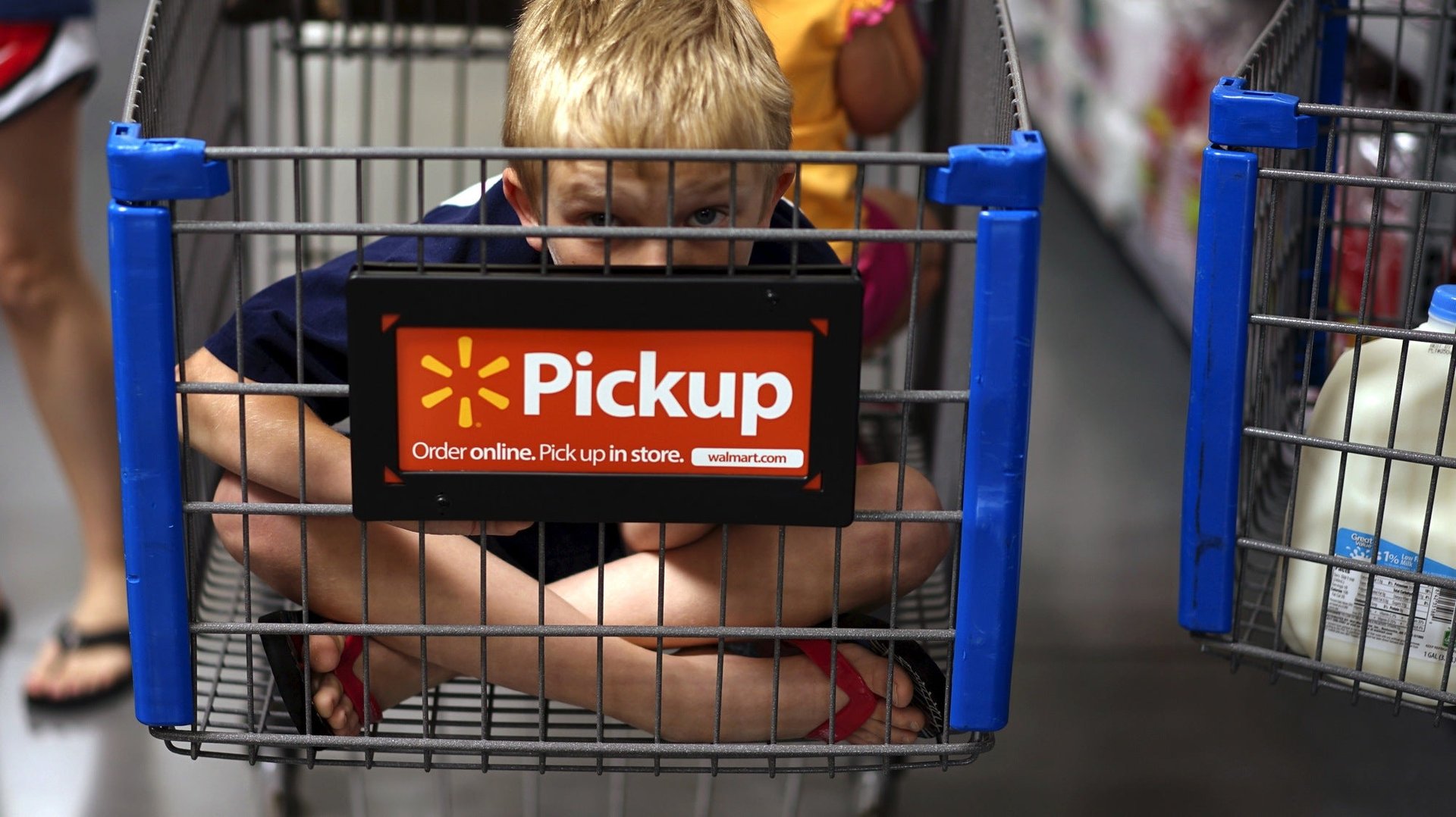Zulily offers painful reality check for other would-be Amazon killers
That was fast.


That was fast.
Less than two years after Zulily’s triumphant debut as one of only a handful of public e-commerce companies in the US, the once popular flash sales site is being bought by the parent company of staid television-shopping network QVC.
Zulily’s quick ascent, and subsequent slump, shows just how tough it is for a pure-play e-commerce company to make it in the cutthroat world of online retail, where shoppers have fewer and fewer brand allegiances and more than a quarter of US online sales are still rung up by industry leader Amazon.com.
As venture-capital funding oozes into e-commerce startups around the world, it’s worth taking note of Zulily’s fate, as well as other cases of fad-induced websites like Fab.com and Groupon.
Once growing as fast as 45% a year, online sales growth has pretty much flatlined in the US at around 15%. Meanwhile, traditional brick-and-mortar retailers like Walmart and Staples are finally waking up to online shopping—and throwing billions of dollars into growing sales and striking deals with rivals in a bid to keep up with Amazon.
Still, in just four years, Zulily was able to convince investors that its coveted customer base of wealthy, millennial moms, and its ideas about the future of retail were worth $2.6 billion. Backed by big venture capitalists like Andreessen Horowitz, Zulily was hailed as a retailer that could “finally beat Amazon.”
Turns out, it’s pretty difficult to create a rival to Amazon—a lesson today’s hot e-commerce startups like Jet.com might heed.
As Andreessen’s own Chris Dixon explained years ago in a blog post: ”Scale and brand effects make e-commerce incumbents nearly unbeatable.” And as one entrepreneur said, “If it has a UPC code, Amazon will beat you.”
Zulily’s sales growth has evaporated as customers complain about poor customer service, its no-return policy, and sometimes weeks-long wait times to receive toys, shoes, and clothes—policies that run counter to Amazon’s focus on fast—sometimes one-hour—delivery times.
Still, QVC’s $2.4-billion acquisition of Zulily looks like a steal for the old-time television shopping network, which began 30 years ago out of sleepy, West Chester, Pennsylvania: The company bought Zulily for $18.75 a share on Monday (Aug. 17), after Zulily went public at $22 a share.
And while QVC hopes the Zulily purchase will reach younger shoppers and complement its current customer base of women in their 50s-and-60s, the combined company will still face an uphill battle as home shopping declines and the e-commerce battle continues to escalate.